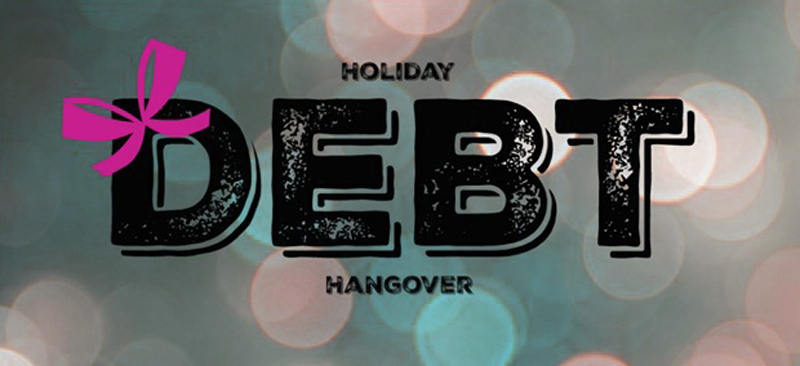Cheap Debt Relief Solutions That Work for You
Jun 09, 2018 22:52
When you’re starting down the seemingly bottomless pit of unmanageable debt, it can look like there’s end in sight. Nothing could be farther from the truth. There is always a way. The only questions are can you live with that way and can you afford it? Finding cheap debt relief solutions that work for you isn’t difficult, but you do have to choose carefully to avoid exacerbating your situation.

Here are your choices.
Minimum Credit Card Payments
If the bulk of your debt is plastic, one solution to keep everything going is to make minimum payments on your card accounts. This will keep the pack at bay, while you pull a longer-term solution together. The problem with minimum payments is they’re designed to maximize the amount of profit a card company can squeeze out of you. So, while it might look cheap, it’s actually quite expensive. If you have $10,000 in credit card debt at 19 percent interest and service it with minimum payment of four percent of the balance each month, you’ll be paying it off for 13 years and will pay over $16,000.
Debt Consolidation
This can be a viable option when your credit is still in good shape. In other words, if things aren’t too far-gone and you qualify for a loan, you can consolidate your obligations into one—at a lower interest rate. This way, the money you’d have spread over all of your various accounts can be focused on one. This will give you the ability to pay the debt down faster and at a lower overall cost. If you are enrolled in an eligible debt relief program, organizations like Consolidation Plus may invite you consolidate your debt using one of their loans, even if your credit score is less than stellar.
Credit Counseling/Debt Management
When you consult a credit counselor, they’ll take a look at your obligations and match them up against your income to determine how much you can afford to pay each month. In addition to providing you with advice as to how to avoid incurring unmanageable debt in the future, a credit counselor can help you enroll in a debt management program. In this scenario, a debt manager will help you get your lenders to waive fees and lower the interest rates to make your debts easier to repay. Counseling is usually provided by nonprofit agencies at minimal, or often, no charge.
Debt Settlement
If you find you’re in no position to make minimum payments because the balances are simply too high, working with a debt negotiation firm might be your best option. Reputable organizations like Freedom Debt Relief can negotiate with creditors to reduce the amount you owe. Instead of making monthly payments to your creditors, you’ll deposit funds into an escrow account that will be used to pay off your debts as the negotiation company gets lenders to accept partial repayment agreements. This will work, but your credit score will usually take a hit. Just something to be aware of.
Bankruptcy
As a last-ditch effort, bankruptcy is unrivalled in its potential. You can get many types of debt cleared completely and the only major cost—aside from legal fees—is to your credit rating. With that said, a bankruptcy will show up on your report for 10 years. This will make it very difficult to get car or home loans, though credit card companies will welcome you back with open arms, albeit with higher interest rates and lower limits.
One of these four choices is likely to be the cheap debt relief solution that will work for you. However, there are a number of caveats you should consider before availing yourself of any of them to be sure you choose wisely. After all, if you select the wrong method, you could end up making a bad situation worse.







































































